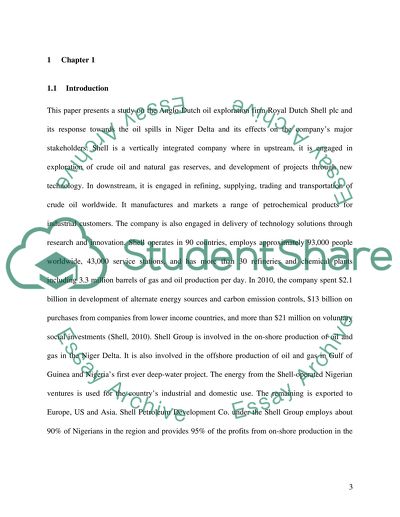Cite this document
(“A Study of Shell Oil and its Stakeholders in Nigeri Research Paper”, n.d.)
Retrieved from https://studentshare.org/finance-accounting/1394719-a-study-of-shell-oil-and-its-stakeholders-in
Retrieved from https://studentshare.org/finance-accounting/1394719-a-study-of-shell-oil-and-its-stakeholders-in
(A Study of Shell Oil and Its Stakeholders in Nigeri Research Paper)
https://studentshare.org/finance-accounting/1394719-a-study-of-shell-oil-and-its-stakeholders-in.
https://studentshare.org/finance-accounting/1394719-a-study-of-shell-oil-and-its-stakeholders-in.
“A Study of Shell Oil and Its Stakeholders in Nigeri Research Paper”, n.d. https://studentshare.org/finance-accounting/1394719-a-study-of-shell-oil-and-its-stakeholders-in.


